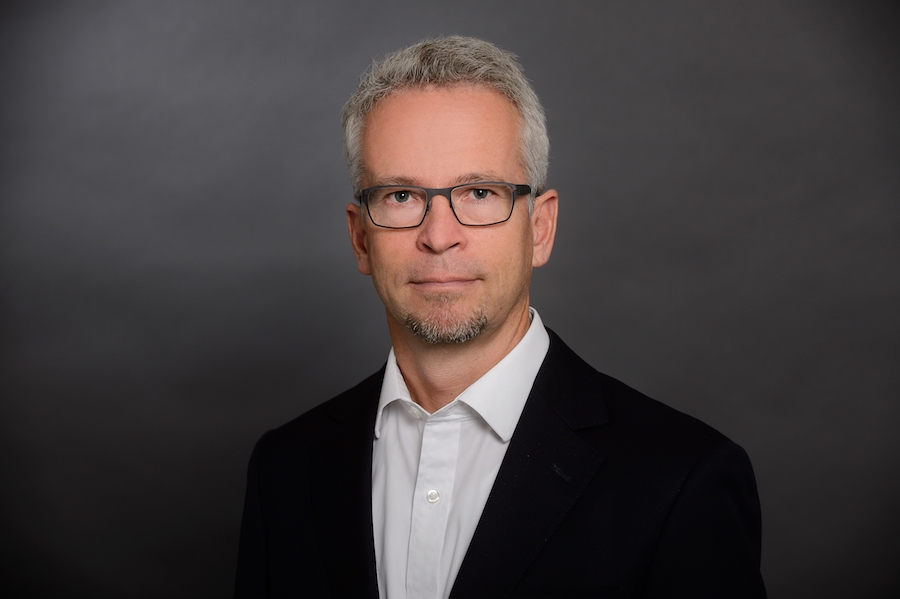
Ludger Ramme, President of CEC European Managers
The European Union is currently experiencing a critical phase, marked by new populism and growing divergences between Member States. The geopolitical situation, a slow economic recovery in some parts of Europe and a stalled process of converging social standards and salaries call for decisive actions by policy makers, managers and other stakeholders alike.
In this context, CEC European Managers is determined to pursue its function as a bridge builder between employers and employees and as a voice in the European Social Dialogue representing around one million professionals, managers and executives in Europe. The triannual CEC Congress on 24 and 25 of May in Mainz, where the Czech Management Association is to be accepted as a new member, will therefore run under the slogan “better together.” Only by understanding Europe as a political and economic unit can we as managers work towards a more sustainable and inclusive future with sustained growth. Isolation will bring political turmoil, economic stagnation and social conflicts.
The success of the European social market economy, as highlighted in CEC’s foundational document “Managers in Europe: vision, roles & values”, consists in bringing economic and social considerations together: only with both can political stability, growth and cohesion be assured. However, we need to invest and take the right decisions to make the model fit for future challenges. Besides lifelong learning, easier labour mobility in Europe and a better work-life balance, CEC is particularly involved in the topic of digitalisation, the subject of its seminar during the Congress on 25 May in Mainz.
CEC currently participates in two European projects on the digital economy: one on the role of European Works Councils in accompanying the digital transformation and one on how industrial relations evolve in the age of the collaborative economy, together with the think tank CEPS. Managers will shape the way digital technologies are conceptualised and put in practice. It is therefore of paramount importance to equip them with the necessary skills to use the technologies for the benefit of our economy, society and environment. Our upcoming survey on “Management in the Age of Artificial Intelligence”, in the framework of our European Managers Panel, will investigate the key challenges for managers in that regard.
Leadership today is undergoing major changes and needs to account to a growing number of issues, both in the companies managers work for and society at large. The particular profile of CEC as a Social Partner and as a provider of expertise in leadership and management is therefore particularly fit for purpose. We bring company-level considerations together with European policy-making, directly impacting the working life of the people we represent.
In an effort to update the definition of what a manager is and to raise awareness on what constitutes European management and leadership, CEC is in talks with MEPs to bring forward a European Parliament resolution replacing the outdated Gil Robles resolution of 1993. A European management culture exists and is more than the lowest denominator of national definitions. We are convinced that overcoming divides, taking a stakeholder approach and using evidence-based practices are part of this culture. It is our common duty to strengthen this culture and look beyond what separates us. More than ever before.
In this spirit, we are more than glad to welcome the Czech Management Association among our ranks. Their membership will help to strengthen the voices of Eastern European managers and bring to attention the particular needs of their economies. With united forces across the continent will managers be increasingly heard at European level.
Ludger Ramme
President of CEC European Managers

